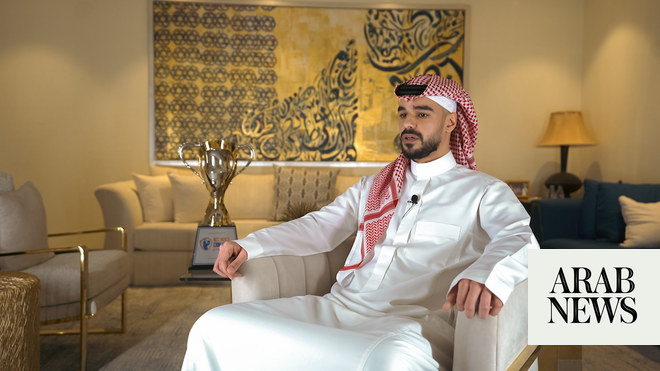
Saudi Arabia’s efforts continue to support the world’s desperate attempts to achieve a sustainable environment, free from carbons and other pollutants.
During its presidency of the G20 last year, Saudi Arabia stressed the importance of protecting the world from further climatic deterioration due to carbon emissions and other environmental issues.
It also stressed the importance of adopting a circular carbon economy, as evidenced by NEOM’s adaptation of construction techniques driven by the principles of a Cradle-to-Cradle economy, which aims to eliminate waste, recycle materials, and mimic nature’s harmony to protect nature and the environment.
The Kingdom also announced the Saudi and Middle East Green Initiatives, both of which are aimed at cutting carbon output in the region by more than 10 percent of the global contribution (in Saudi Arabia by 4 percent and the Middle East by 6 percent).
In addition, the Kingdom pointed out that it was moving to solar power energy as part of a national push toward renewable energy under the Saudi Vision 2030.
The energy plan is aimed at producing more than 3,600 MW of electricity, enough to power over 600,000 homes and reduce greenhouse emissions by at least 7 million tons from projects such as the Sakaka plant in Jouf.
In line with the Kingdom’s efforts to protect the world from the effects of climate change, it hosted the Saudi Green Initiative Forum on Saturday while the Middle East Green Initiative Summit will be held on Oct. 25.
Due to these events, the capital is abuzz with activities as national leaders, public officials, business leaders, academics and environmental specialists descend on Riyadh to discuss and share views that will support programs and initiatives concerned with protecting the domestic and international environment.
Saudi Arabia is becoming a world leader in combating climate change beyond its borders through collective action to create a first-of-its-kind not only regional alliance, but an international one as well.
Talat Zaki Hafiz
Saudi Crown Prince Mohammed bin Salman said the Kingdom was aiming to achieve net carbon neutrality by 2060 during a speech to the Saudi Green Initiative Forum in Riyadh on Saturday.
This means that Saudi Arabia aims to reduce its carbon emissions by 278 million tons per year by 2030 and adopt a carbon circular economy — based on zero waste — which will help the Kingdom to reach the target.
Also, the Kingdom will join the Global Methane Pledge to contribute to cutting global methane emissions by 30 percent by 2030, as part of its commitment to deliver a cleaner and greener future.
In addition, the Kingdom will plant 450 million trees and rehabilitate 8 million hectares of degraded land by 2030, reducing 200 million tons of carbon emissions with additional initiatives to be announced in the years to come.
The crown prince said: “The Saudi Green Initiative will provide huge investment opportunities for the private sector, quality job opportunities for the next generation of leaders in the Kingdom, and enhanced international relationships that will have a positive impact on the region and the world.”
These initiatives go hand in hand with one of the most important G20 three key aims from the 2020 G20 presidency to safeguard the planet, by fostering collective efforts on food and water security, climate, energy and the environment.
Also, it offers a stage for climate diplomacy and fostering the political efforts needed for transformative action, especially since the eyes of the world are turning to Glasgow’s COP26 summit as leaders discuss how to prevent a climate catastrophe.
It is worth noting that COP26 is the 2021 UN climate change conference that has existed for nearly three decades, where the UN has been bringing together almost every country on earth for global climate summits called COPs, which stands for Conference of the Parties.
The importance of COP26 lies in supporting the commitment of the world that signed the Paris Agreement six years ago, promising to try to limit global warming to 1.5 degrees Celsius above pre-industrial levels. This would limit the drastic consequences of climate change such as floods, disease and hunger that could affect millions of people.
Without doubt, Saudi Arabia is becoming a world leader in combating climate change beyond its borders through collective action to create a first-of-its-kind not only regional alliance, but an international one as well.










